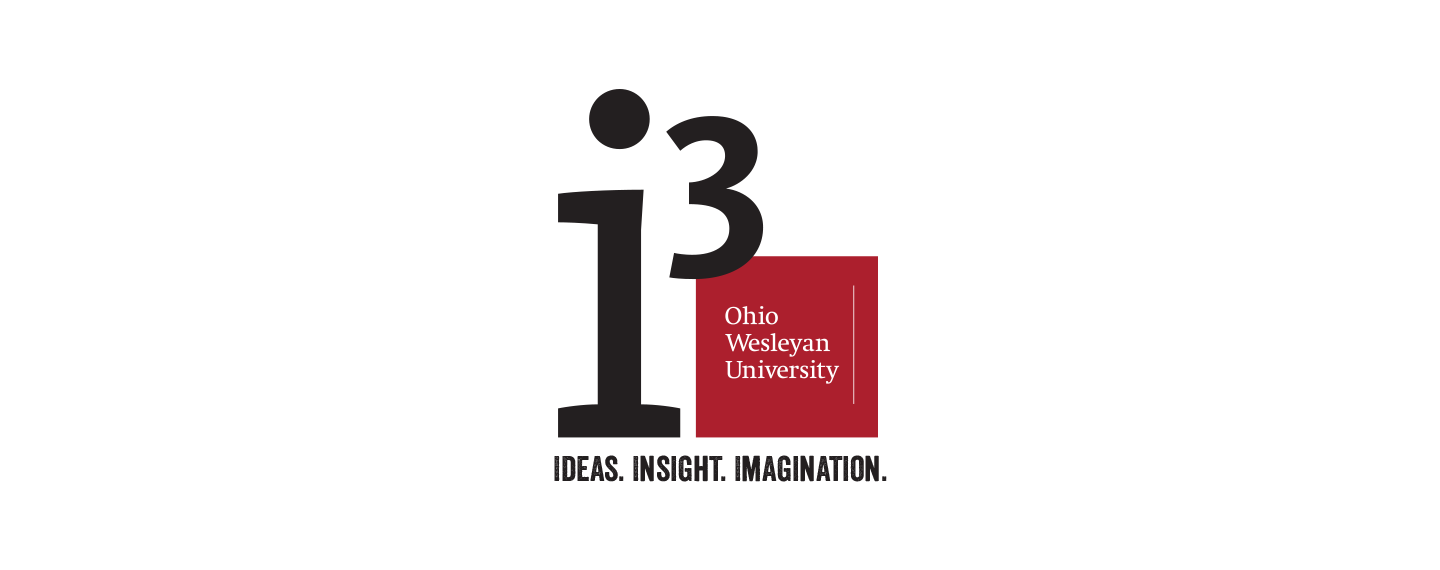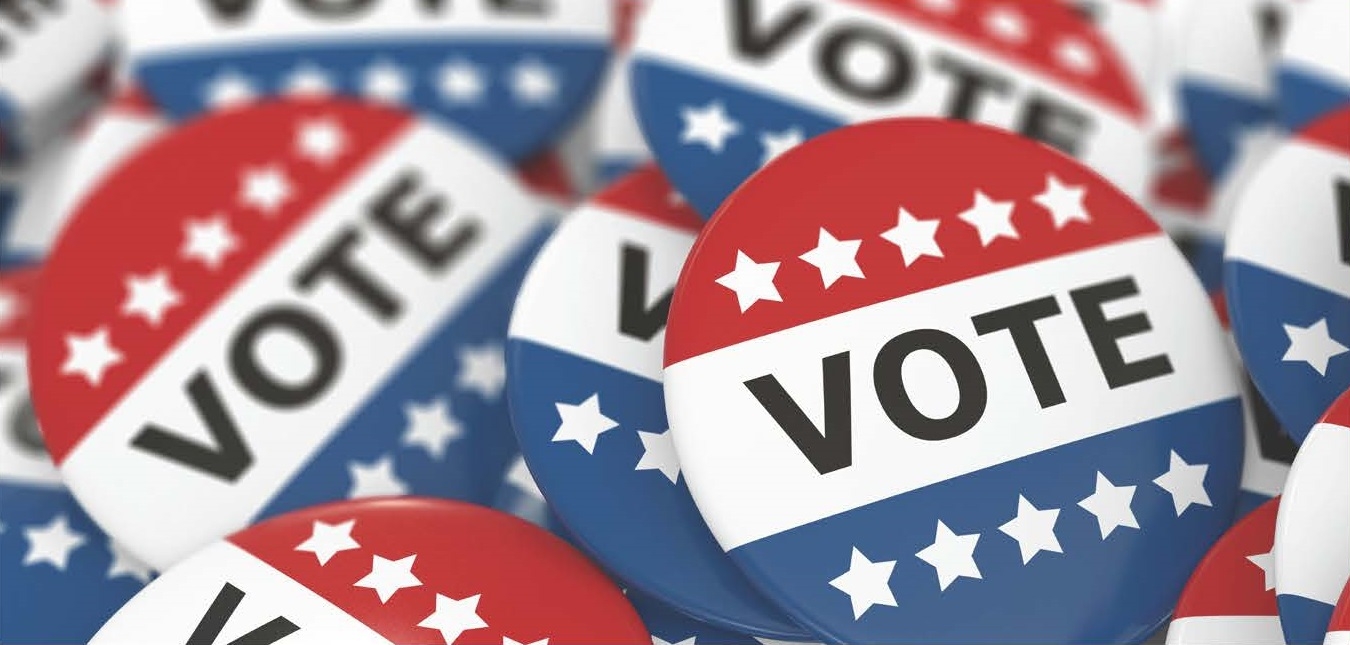By Hailey de la Vara
Transcript Correspondent
hhdelava@owu.edu
In its fifth year, Ohio Wesleyan’s I-cubed lecture series drew a standing room only crowd last week just like it has in previous years.
Faculty presenters challenged the audience to think outside the box, while they stayed inside the three minutes each was allotted to teach their favorite subjects.
The Ideas, Insight and Imagination lectures this year featured students’ favorite nine professors who aimed to give insight on their expertise in their academic fields. The Benes rooms was packed.
One professor said after the presentation that it was the hardest thing she had every done.
The speakers this year included Mark Allison of English, Kira Bailey of psychology, Phokeng Dailey of communication, David Markwardt of zoology, Stephanie Merkel of comparative literature, Franchesca Nestor and Pamela Pyzza, both of politics and government, Tim Roden of music, and Chris Wolverton of microbiology and botany.
The nine speakers all aimed to give students a small insight of their own academic passions.
Senior Zhanna Caldwalder was most intrigued by Allison’s speech. “I loved Allison’s speech because I love reading, and I felt like I could relate to everything he was saying,” Caldwalder said.
Allison’s lecture, “Hitchhiking to Nowhere,” discussed how utopian societies paved a way for imagination in reading and life. Allison based his three minutes on the idea that nowhere has the best of everything.
“Utopia is the good place that is no place,” he said.
Other topics ranged from political communication to Mozart to plants growing on Mars.
Students gained new knowledge about a variety of topics.
Senior John Keller was intrigued by the variety of speakers admitting that last week’s program was the first he had attended since coming to OWU.
“I’m an English major, so I came to listen to my professor speak,” Keller said. “But after hearing all the speeches, I was very impressed by how much each professor knows and cares about their fields. It was very interesting to listen and be a part of this event at OWU.”
In the spring semester, the I-cubed lectures will feature student speakers.

